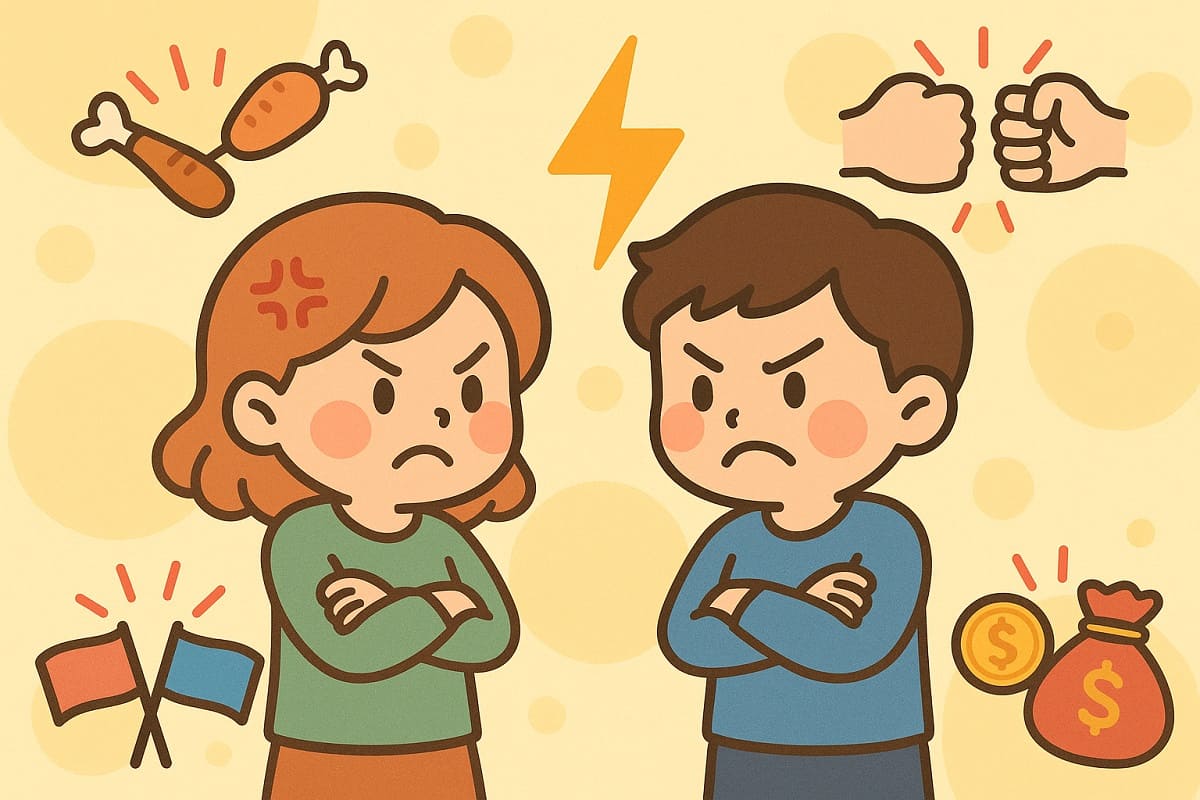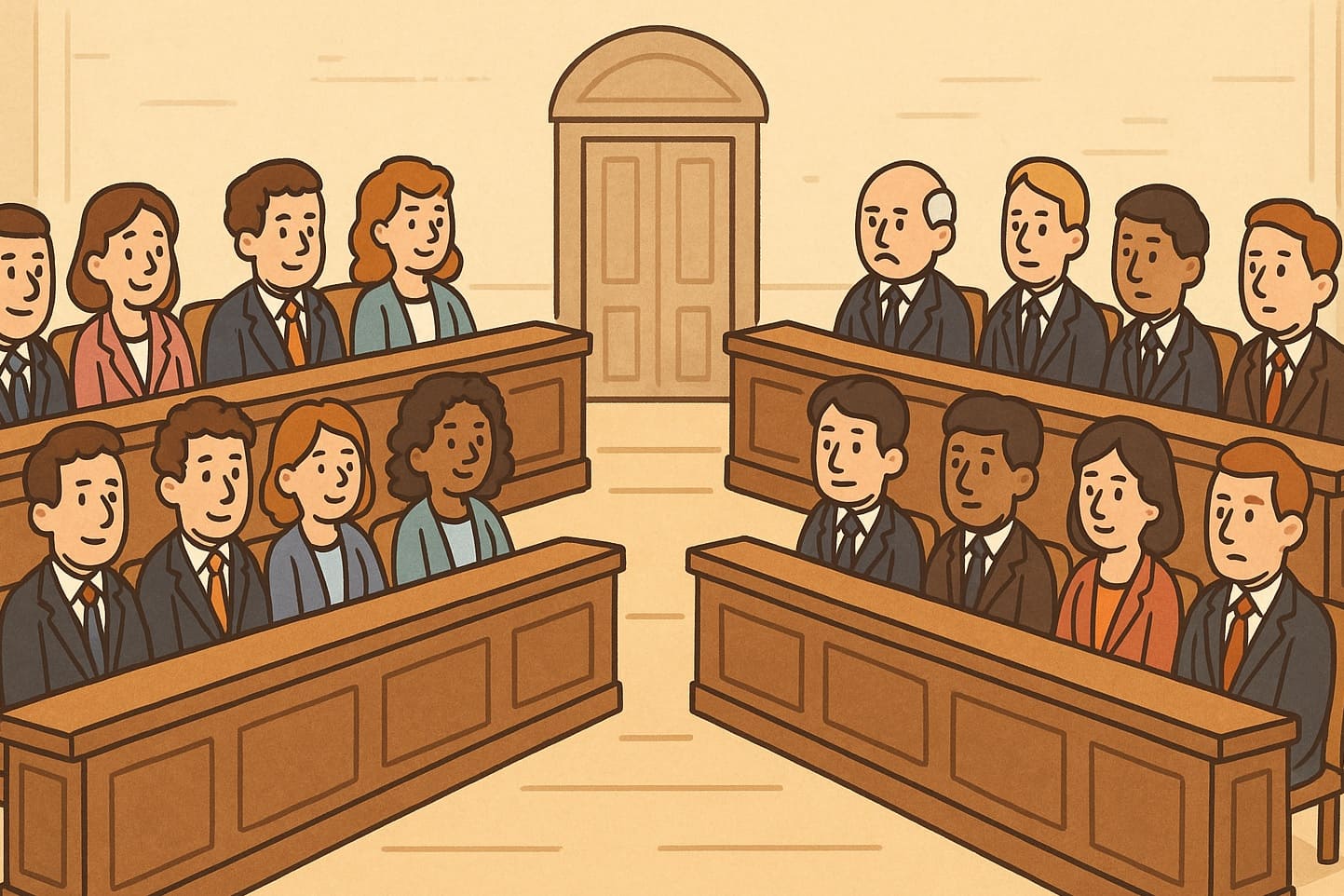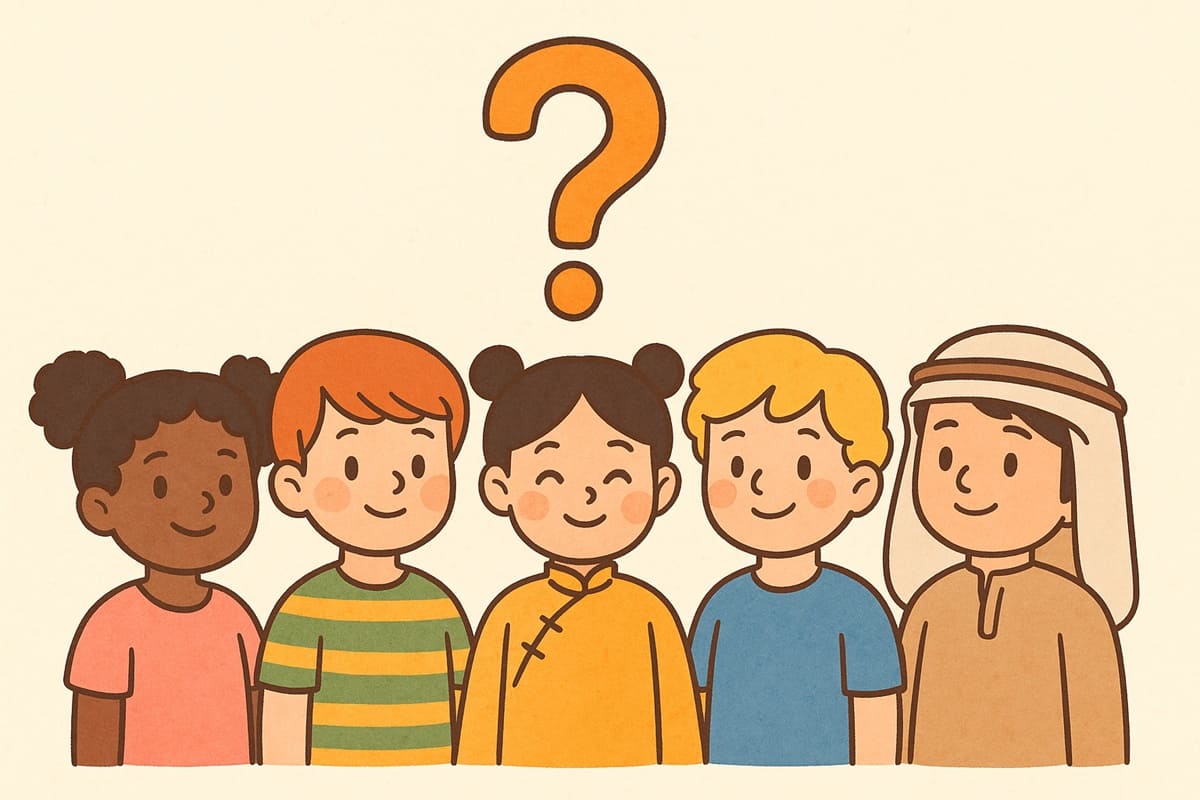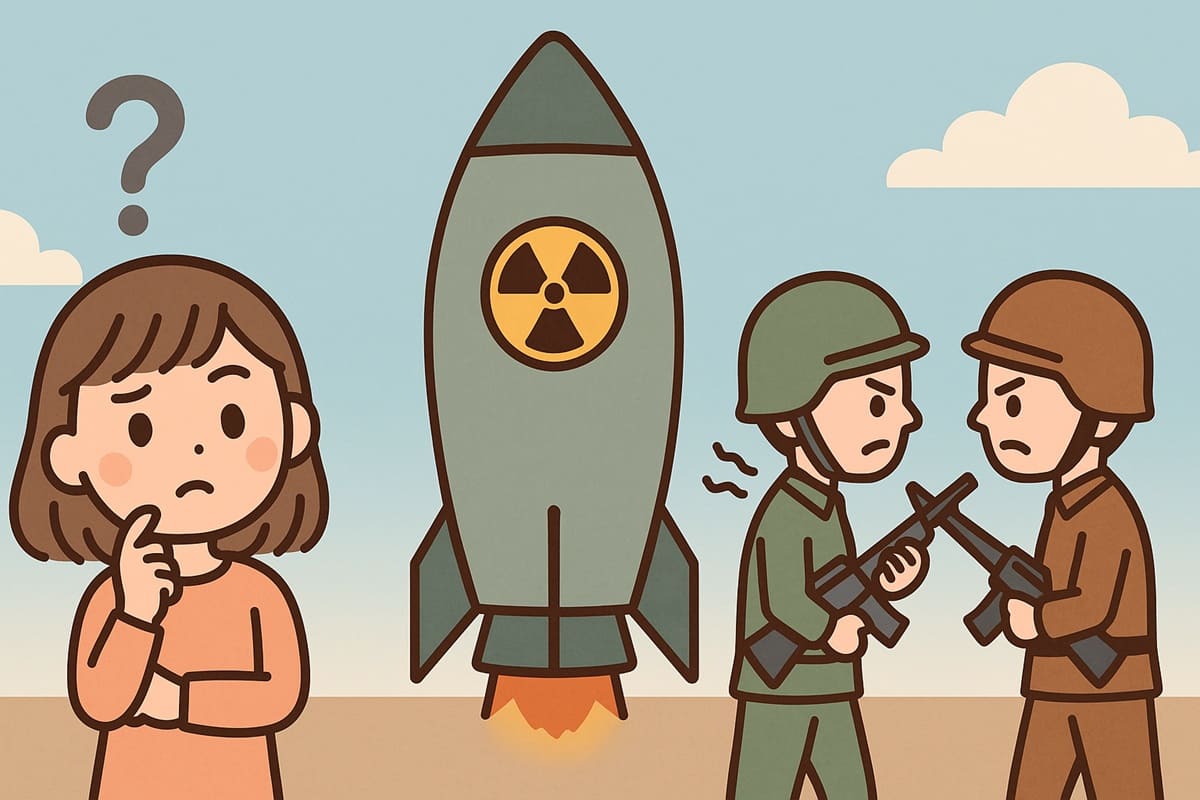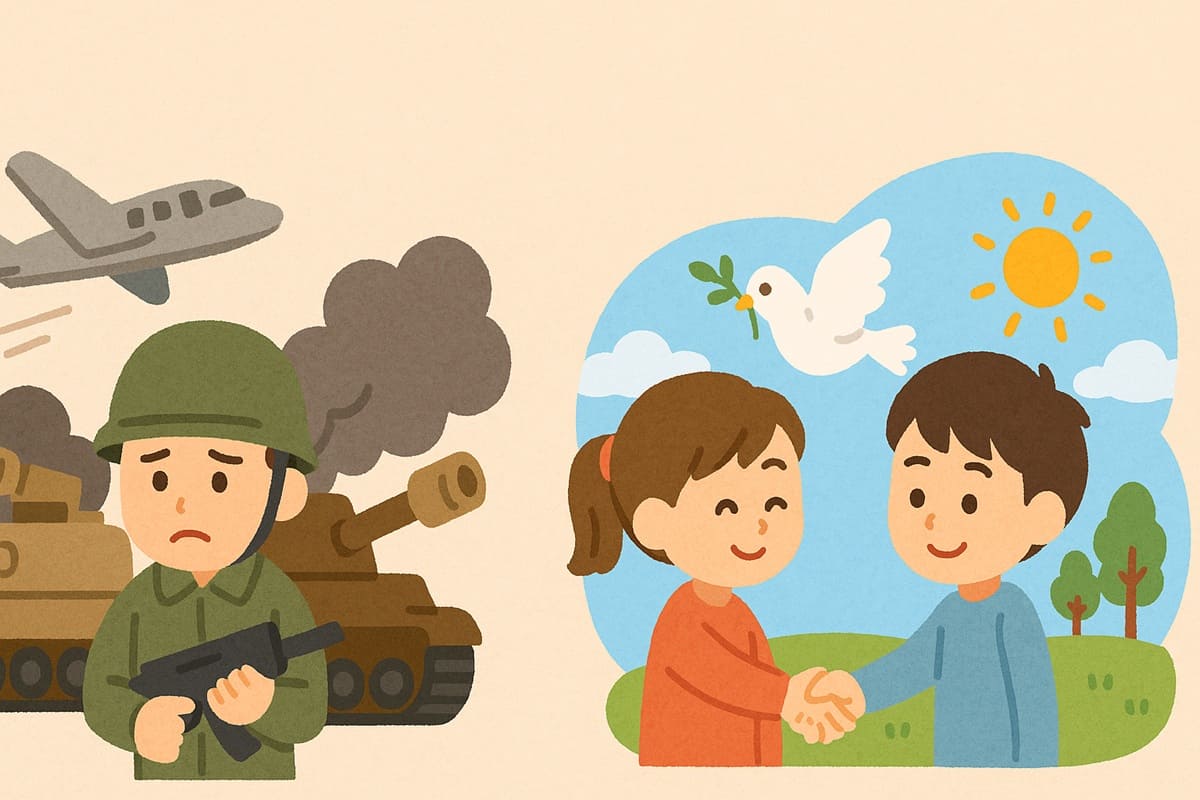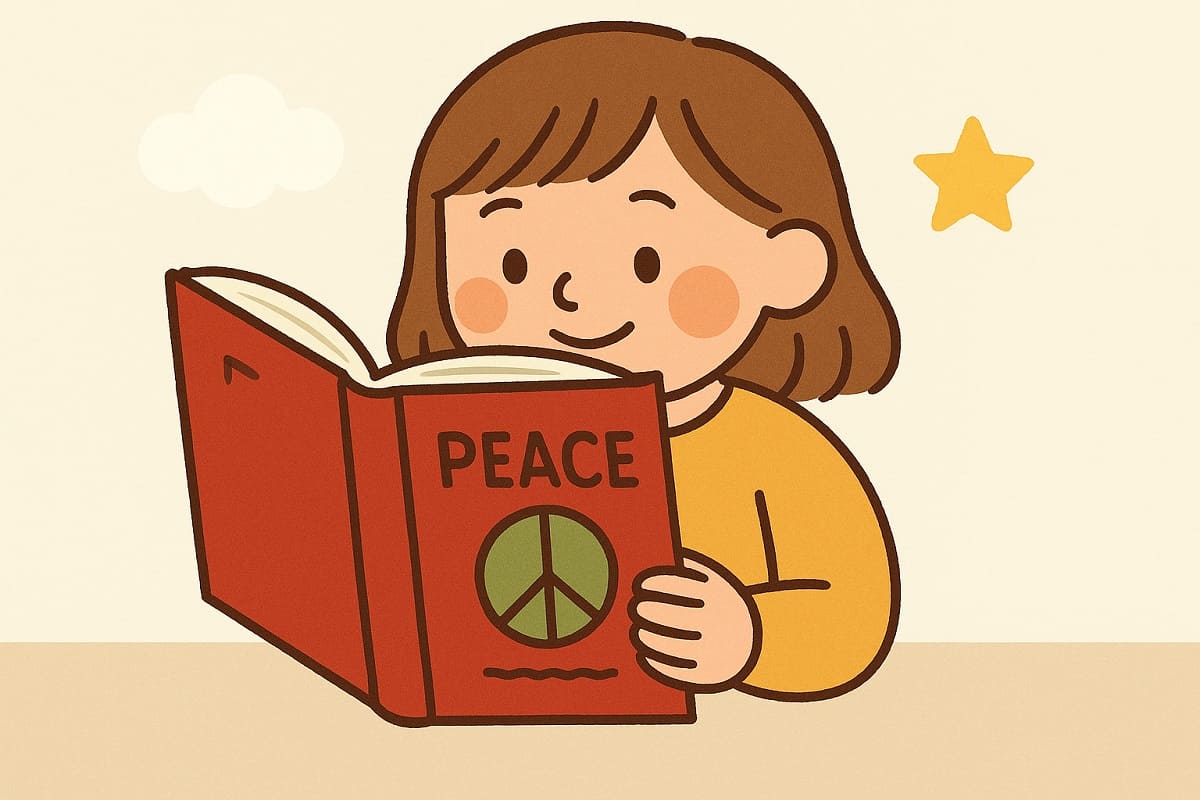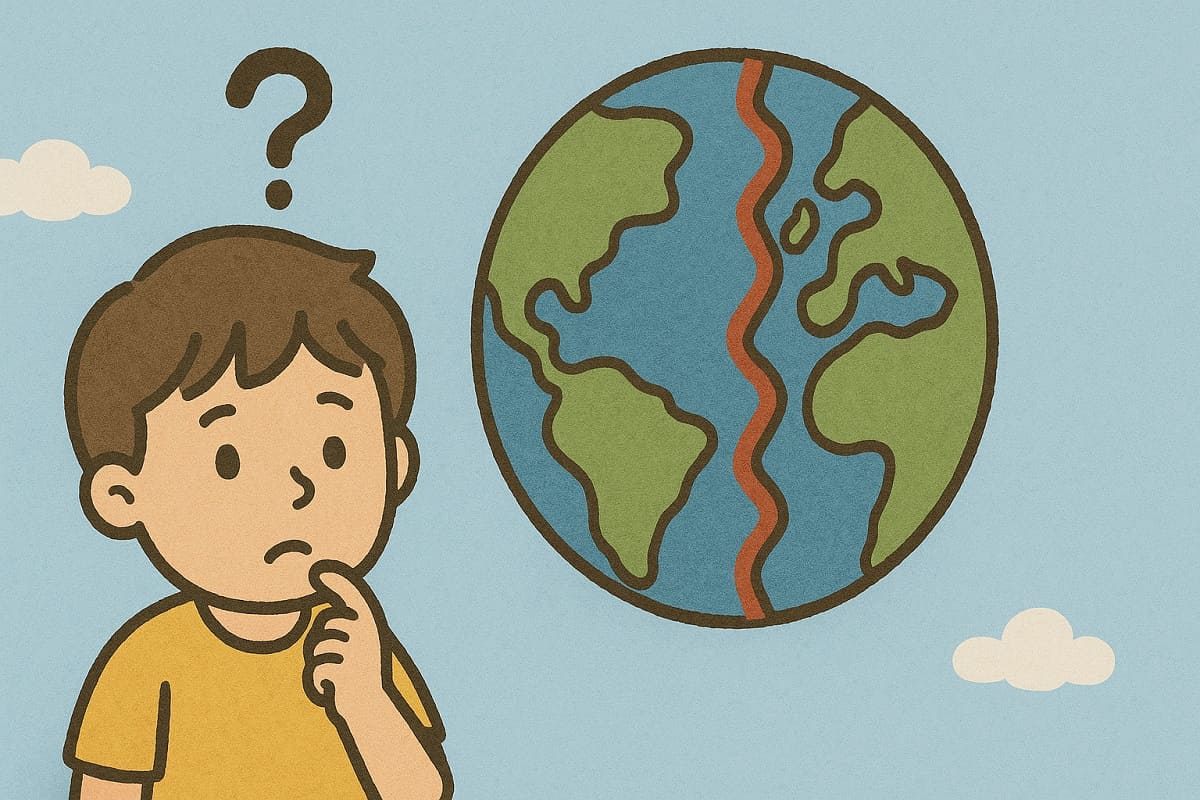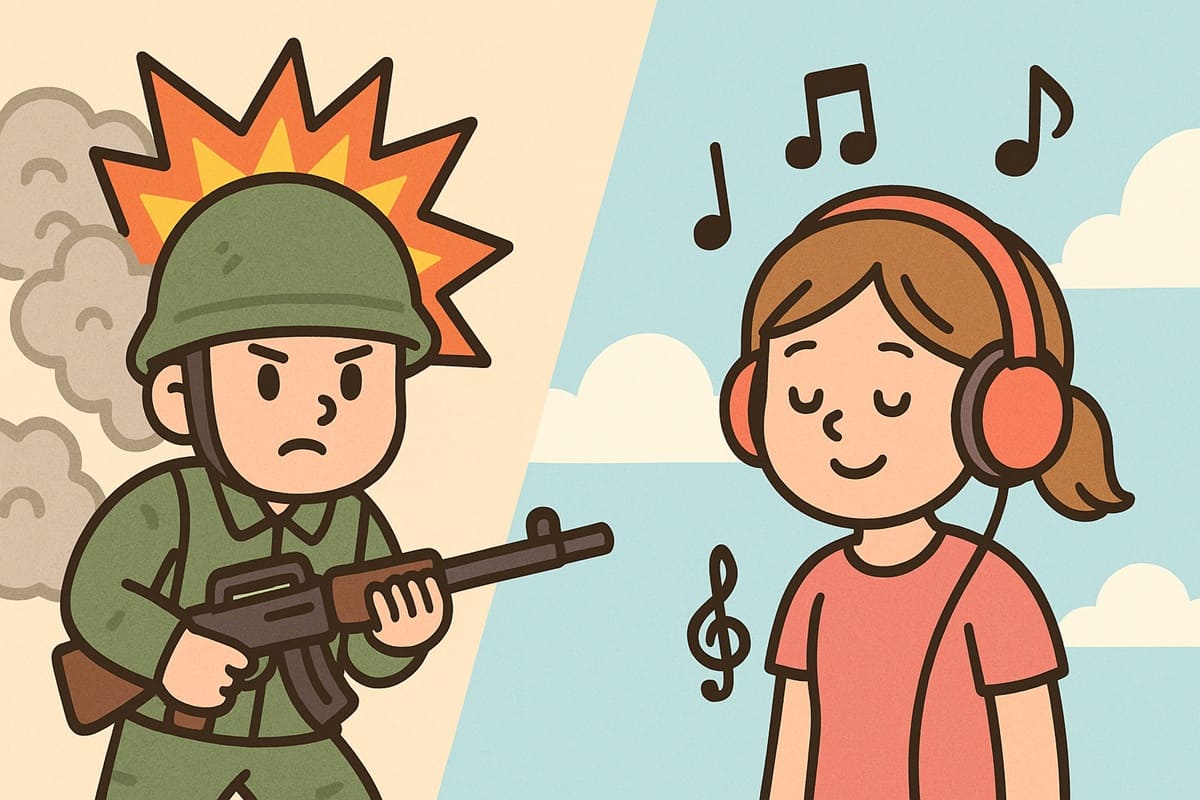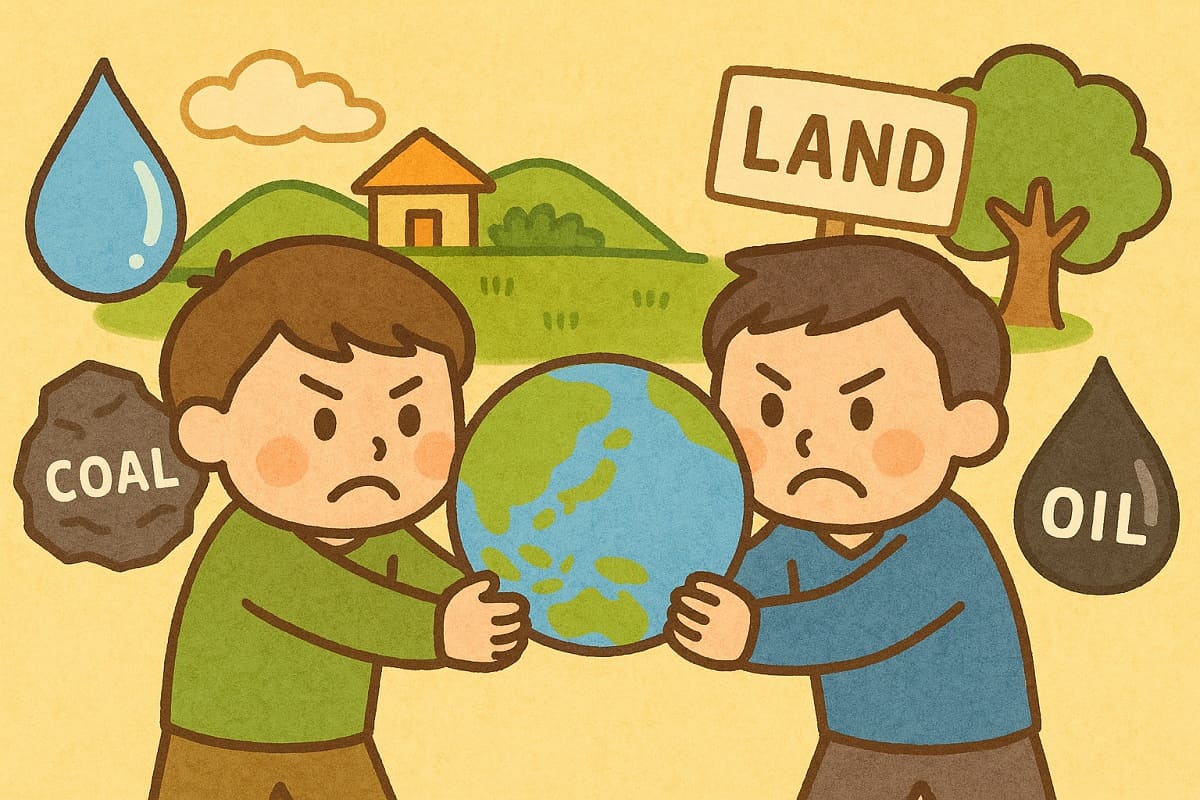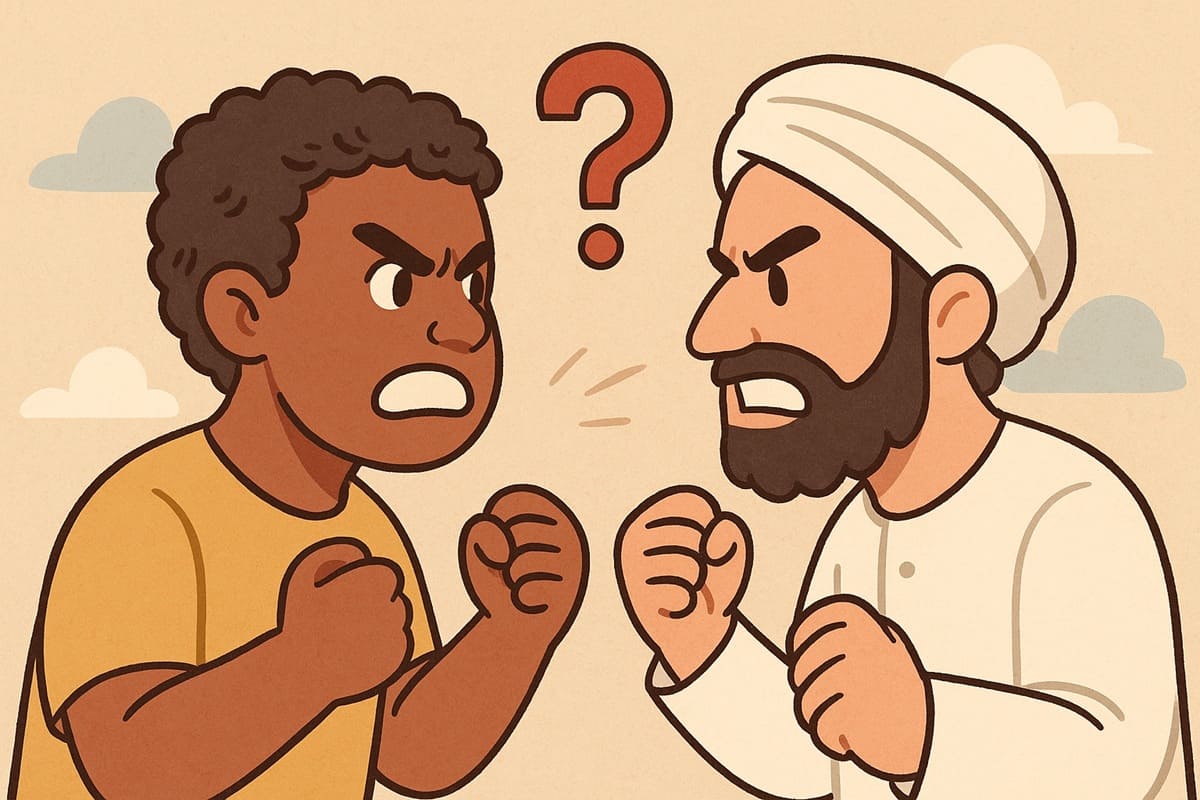How to Build World Peace: What If Aliens Came to Invade Earth?
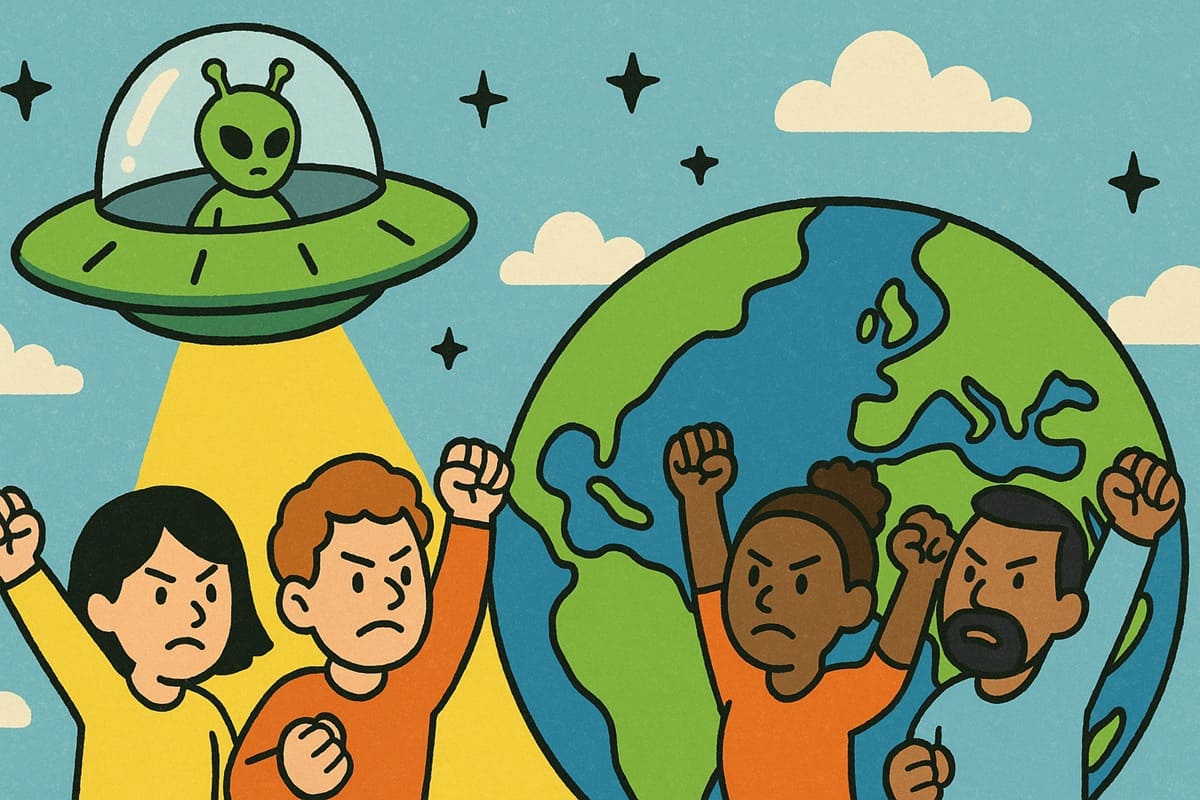
“If aliens invaded Earth, would humanity finally get along?”
At first glance, this might sound like a joke. But this simple question actually holds important clues about human psychology and the structure of society. In this article, let’s explore the idea that people tend to cooperate more when they face a common enemy—and what that means for building true peace.
Do People Unite When a Common Enemy Appears?
Human beings have an interesting psychological trait: even if we don’t usually get along, we tend to cooperate when we face a shared enemy.
For example, imagine two classmates who always argue with each other. If someone from another class starts bullying them, they might suddenly team up and say, “Okay, that guy’s really trouble.” This kind of thing doesn’t only happen in school—it also happens between countries.
A Historical Example: Nations Uniting Against Germany
During World War II, countries like the United States and the United Kingdom—democratic nations—joined forces with the Soviet Union, which had a completely different political system. Even though they were usually rivals, they came together to fight a common enemy: Nazi Germany.
Proven by Psychology: The Robbers Cave Experiment
In a famous psychology study called the Robbers Cave Experiment, researchers divided boys at a summer camp into two groups and made them compete against each other. As a result, the groups started arguing and insulting one another.
But then, problems that affected both groups—like the water supply breaking—forced them to cooperate. The boys began working together to solve these shared problems, and their hostility began to fade. In other words, a “common problem” (or “common enemy”) can bring people closer together.
Human Unity in the Movie Independence Day
This idea—that people unite when a common enemy appears—is also shown in the 1996 American movie Independence Day.
One day, a giant alien spaceship arrives on Earth, and the whole world is in danger. The United States, Russia, China, and Middle Eastern nations—countries that normally don’t get along—join forces to protect the planet.
The U.S. president delivers a powerful speech: “Today, we celebrate our Independence Day… as one people.” It’s a moving moment where humanity becomes one team.
Can We Cooperate Even Without Aliens?
Of course, aliens aren’t really going to invade Earth. But the important point isn’t the aliens themselves—it’s whether we can recognize the real problems we must solve together.
In psychology, these kinds of shared challenges are called “superordinate goals”—goals that can only be achieved if everyone works together.
In the real world, we already face many of these “common enemies,” such as:
- Global warming and climate change
- Infectious diseases (like COVID-19)
- The spread of nuclear weapons
No single country can solve these problems alone. That’s why we need global cooperation—as one human family.
The Real Enemy Isn’t the Aliens
To build peace, the biggest obstacle might not be aliens or outside threats—it could be the enemies inside our own hearts.
For example:
- The fear of people who think differently
- The belief that “only we are right”
- The desire to solve problems through violence
These ways of thinking are what often lead to conflict in our world.
UNESCO’s Constitution includes a powerful statement:
“Since wars begin in the minds of men, it is in the minds of men that the defenses of peace must be constructed.”
In other words, even the best laws and systems won’t create peace unless our hearts and attitudes change first.
Conclusion: What Does It Take to Create Real Peace?
The question, “Would humanity unite if aliens attacked?” invites us to reflect on a deeper truth:
“Even without aliens, we can—and must—come together.”
Our planet already faces real threats like climate change, pandemics, and nuclear weapons. These are “common enemies” that should inspire cooperation beyond borders, cultures, and religions.
Most importantly, we must stop fearing our differences—and start embracing them. By seeing each other as fellow humans sharing this Earth, we can take the first steps toward lasting peace.
True peace doesn’t come from waiting for aliens to appear. It starts from within us—from our hearts, our choices, and our willingness to build bridges, not walls.
Main References
Burgess, H. (2003). Enemy images. Beyond Intractability. University of Colorado.
Club of Rome. (1991). The first global revolution.
Guilbeault, D. et al. (2022). Exposure to common enemy information in polarized groups. Scientific Reports, 12.
Reagan, R. (1987). Address to the 42nd Session of the United Nations General Assembly.
Sherif, M. et al. (1954). Robbers Cave Experiment. ThoughtCo.(Ed. E. Hopper)
